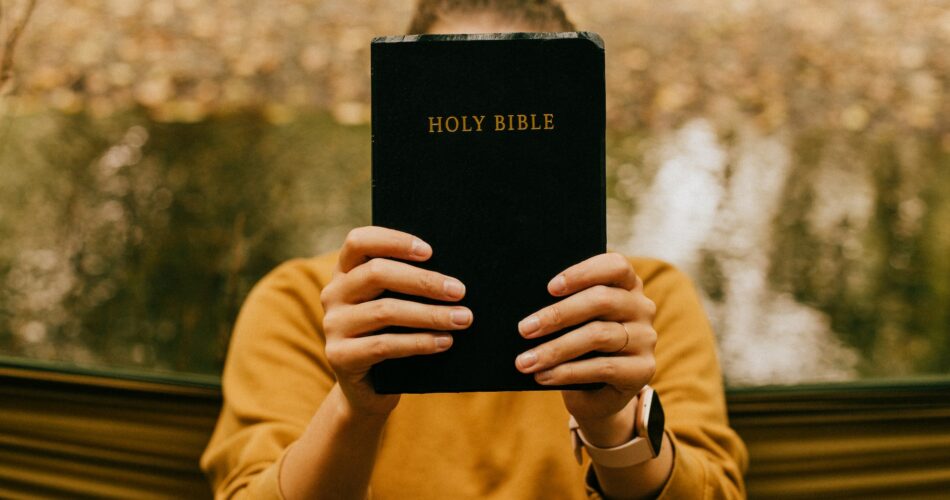There is no reason for them to listen to the accusations.
In a recent development within a Florida school district, officials unanimously decided to retain the Holy Bible in school libraries despite a challenge from an atheist activist who deemed the Scripture “obscene” and “harmful.” The Superintendent’s Review Committee of Broward County Public Schools made this determination on December 6, following what was described as an “occasionally heated meeting.” The committee’s specific focus was on assessing whether the Holy book is appropriate for classroom use, deliberately avoiding the broader question of its presence in school libraries.
The challenge emerged in April 2022 when Chaz Stevens, an activist from Deerfield Beach, Florida, called on superintendents across the state, including those in Broward and Miami-Dade County Public Schools, to remove the Bible from classrooms, libraries, and instructional materials. Stevens, known for courting controversy, initiated this campaign in response to Governor Ron DeSantis signing House Bill 1467 into law. This legislation enables Florida residents to request the removal of books they find objectionable from educational settings, sparking concerns about potential restrictions on free speech rights, particularly regarding LGBT issues.
Stevens’ letter not only advocated for the removal of the Bible but also suggested burning books referencing it. In presenting his case to education officials in various districts, including Miami-Dade and Lee County, Stevens misquoted biblical verses to support his objections. Despite his efforts, the unanimous decision by the Superintendent’s Review Committee reflects a rejection of Stevens’ campaign, emphasizing the continued presence of the Bible in school libraries.
This incident bears resemblance to a similar attempt in Utah, where a parent filed a request with the Davis School District to remove the Bible from a high school library, citing it as “one of the most sex-ridden books around” and a violation of Utah state code. The parent submitted over 130 passages from Scripture deemed offensive. After initially banning the Bible from middle and elementary schools, Davis school officials eventually opted to return it to library shelves. These cases spotlight ongoing debates surrounding the inclusion of religious texts in public school settings, revealing the delicate balance between freedom of speech and attempts to restrict certain materials based on individual objections.
